Artificial Intelligence (AI) Jobs in the Video Game Industry: The Ultimate Quick Guide
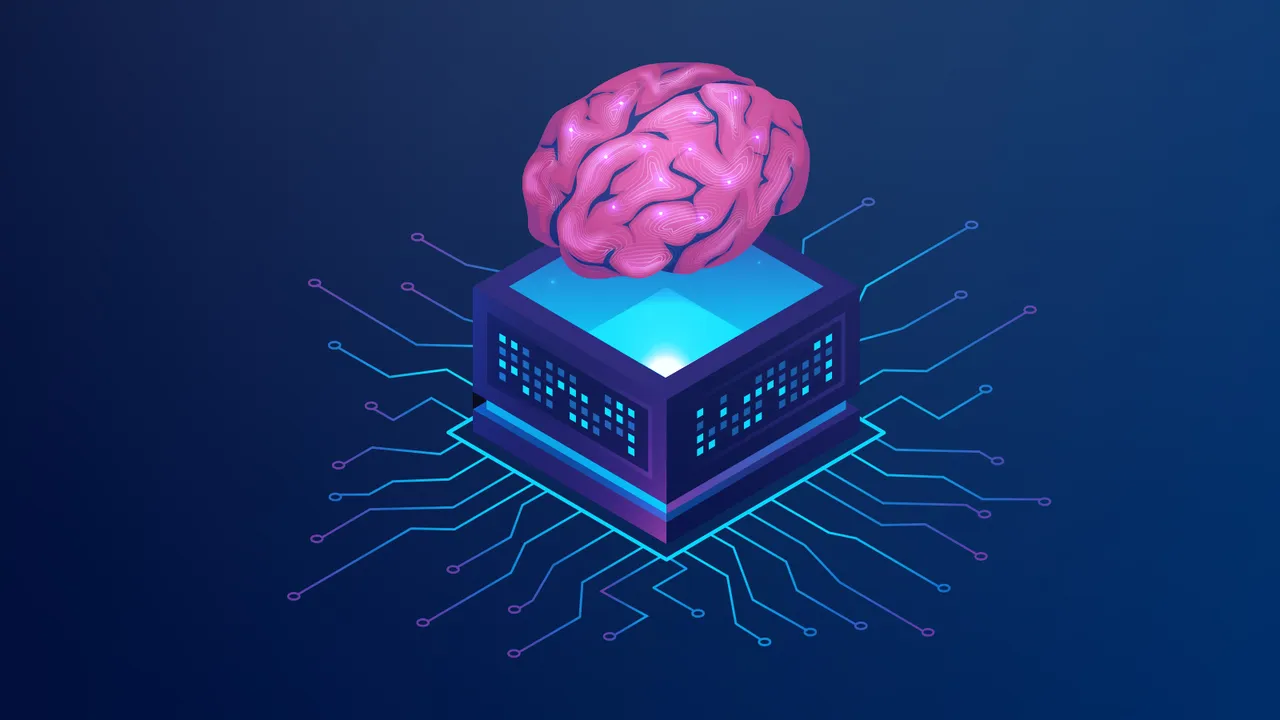
Introduction
The video game industry has always been at the forefront of technological advancements, and the rise of artificial intelligence (AI) is no exception. AI has become a critical component in modern game development, transforming gameplay, storytelling, and player interactions. In this article, we will explore various AI jobs in the video game industry, the skills required to excel, and tips for landing the perfect role.
The Role of Artificial Intelligence in the Gaming Industry
Artificial intelligence plays a crucial role in creating more engaging and immersive gaming experiences. AI algorithms and techniques are employed in various aspects of game development, including:
Non-player character (NPC) behavior: AI is used to create realistic and believable NPC behaviors, making them more interactive and engaging.
Procedural content generation: AI algorithms can generate game content, such as levels, quests, and environments, dynamically, leading to more diverse and replayable experiences.
Player analytics and personalization: AI can analyze player behavior and preferences, enabling developers to create tailored experiences and adapt gameplay dynamically.
Real-time game adjustments: AI can analyze player performance and adjust game difficulty in real-time, ensuring a balanced and enjoyable experience for players of all skill levels.
Types of AI Jobs in the Video Game Industry
There are various AI jobs available in the gaming industry, each with specific responsibilities and requirements. Some of the most common positions include:
AI Programmer: AI programmers are responsible for designing, implementing, and optimizing AI systems used in video games. They work closely with game designers and other programmers to create realistic NPC behaviors, procedural content generation, and dynamic game adjustments. Strong programming skills, particularly in languages like C++ and Python, and a deep understanding of AI algorithms and techniques are essential for this role.
AI Designer: AI designers work with game designers and AI programmers to design and implement AI systems that enhance gameplay and create engaging experiences. They design NPC behaviors, develop AI-driven gameplay mechanics, and analyze player data to improve game design. A background in game design and an understanding of AI algorithms and techniques are crucial for this role.
Machine Learning Engineer: Machine learning engineers develop and implement machine learning algorithms and models to enhance various aspects of game development, such as player analytics, personalization, and real-time game adjustments. They analyze large datasets and develop models that can adapt and learn from player behavior. Strong programming skills and expertise in machine learning algorithms and frameworks are required for this role.
AI Researcher: AI researchers in the video game industry focus on exploring new AI algorithms, techniques, and applications that can improve game development and enhance player experiences. They conduct experiments, develop prototypes, and collaborate with game development teams to implement their findings. A strong background in AI research, programming, and knowledge of the gaming industry are essential for this role.
Skills Needed for AI Jobs in the Video Game Industry
To excel in AI roles within the video game industry, candidates must possess a unique combination of skills, including:
Proficiency in AI algorithms and techniques: A deep understanding of AI algorithms, such as neural networks, reinforcement learning, and decision trees, is essential for creating advanced AI systems in games.
Programming skills: Strong programming skills, particularly in languages like C++ and Python, are crucial for most AI roles, including AI programming, machine learning engineering, and AI research.
Data analysis: The ability to analyze and interpret large datasets is vital for roles such as machine learning engineers and AI researchers.
Problem-solving: Identifying, analyzing, and resolving technical challenges is important for ensuring smooth AI system development and optimization.
Collaboration: Excellent communication and teamwork skills are essential for working effectively with team members from various disciplines, such as game designers, programmers, and artists.
Tips for Landing an AI Job in the Video Game Industry
Breaking into the gaming industry with a focus on artificial intelligence can be challenging, but with the right approach and preparation, you can increase your chances of landing your dream job. Here are some tips to help you stand out from the competition:
Build a strong portfolio: Showcase your skills and expertise by building a portfolio of your work. Include examples of AI projects you've developed or contributed to, such as game prototypes with AI-driven mechanics, machine learning models, or research papers.
Gain relevant experience: Internships and freelance work found on Hitmarker, or even personal projects can help you gain hands-on experience with AI and demonstrate your proficiency. By working on real-world projects, you can hone your skills and gain valuable insights into the game development process.
Pursue advanced education: A degree in computer science, AI, or a related field can provide a strong foundation for a career in the video game industry. Pursuing advanced degrees or certifications can help you specialize in AI and improve your marketability.
Stay up-to-date on industry trends: Regularly read gaming news, follow industry influencers, and participate in AI and gaming communities to stay informed about the latest trends, technologies, and best practices related to AI and game development.
Network with industry professionals: Attend gaming events, conferences, and meetups to build connections with others in the industry. Establishing relationships with professionals can help you learn about job opportunities and gain valuable insights into the industry.
Tailor your application: Customize your resume and cover letter to highlight your relevant skills, experiences, and passion for game development. Showcasing your knowledge of AI and its applications in the specific company's projects can demonstrate your enthusiasm and commitment to the role.
Future of AI Jobs in the Video Game Industry
As the gaming industry continues to grow and evolve, the demand for skilled AI professionals is expected to increase. The ongoing development of AI technologies, such as machine learning, deep learning, and natural language processing, will continue to drive innovation in game development and player experiences.
Additionally, the rise of emerging technologies, such as virtual reality, augmented reality, and cloud gaming, presents new challenges and opportunities for AI professionals. As these technologies gain traction, there will be an increased demand for developers skilled in using AI to create immersive and innovative gaming experiences.
Conclusion
AI jobs in the video game industry offer a unique opportunity for AI enthusiasts to combine their passion for gaming with their expertise in artificial intelligence. By staying informed about industry trends, building a diverse portfolio, and networking with professionals, you can unlock a world of opportunities in this exciting and rapidly growing field. With the right skills and dedication, you can contribute to creating the next generation of groundbreaking video games that captivate players around the world. Ready to get things moving? Click here to see all of the available AI jobs in the gaming industry!
-
 Landing a Summer Internship in the Video Game Industry: The Ultimate Quick Guide
Landing a Summer Internship in the Video Game Industry: The Ultimate Quick Guide -
 Entry-level Jobs in the Video Game Industry: The Ultimate Guide
Entry-level Jobs in the Video Game Industry: The Ultimate Guide -
 Junior-level Jobs in the Video Game Industry: The Ultimate Guide
Junior-level Jobs in the Video Game Industry: The Ultimate Guide -
 Intermediate-level Jobs in the Video Game Industry: The Ultimate Guide
Intermediate-level Jobs in the Video Game Industry: The Ultimate Guide -
 Senior-level Jobs in the Video Game Industry: The Ultimate Guide
Senior-level Jobs in the Video Game Industry: The Ultimate Guide -
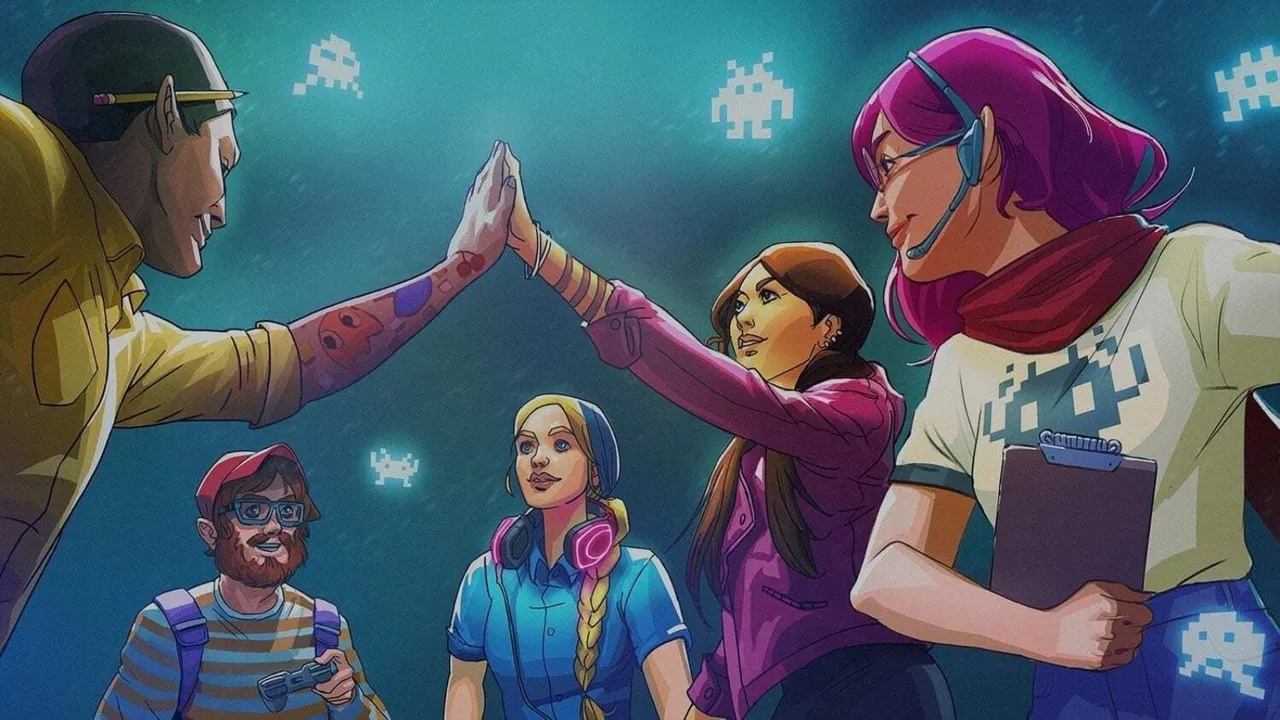 Getting into gaming: Strategies for landing your first game development job with Katherine Mould of Keywords Studios
Getting into gaming: Strategies for landing your first game development job with Katherine Mould of Keywords Studios -
 Art and Animation Jobs in the Video Game Industry: An Overview
Art and Animation Jobs in the Video Game Industry: An Overview -
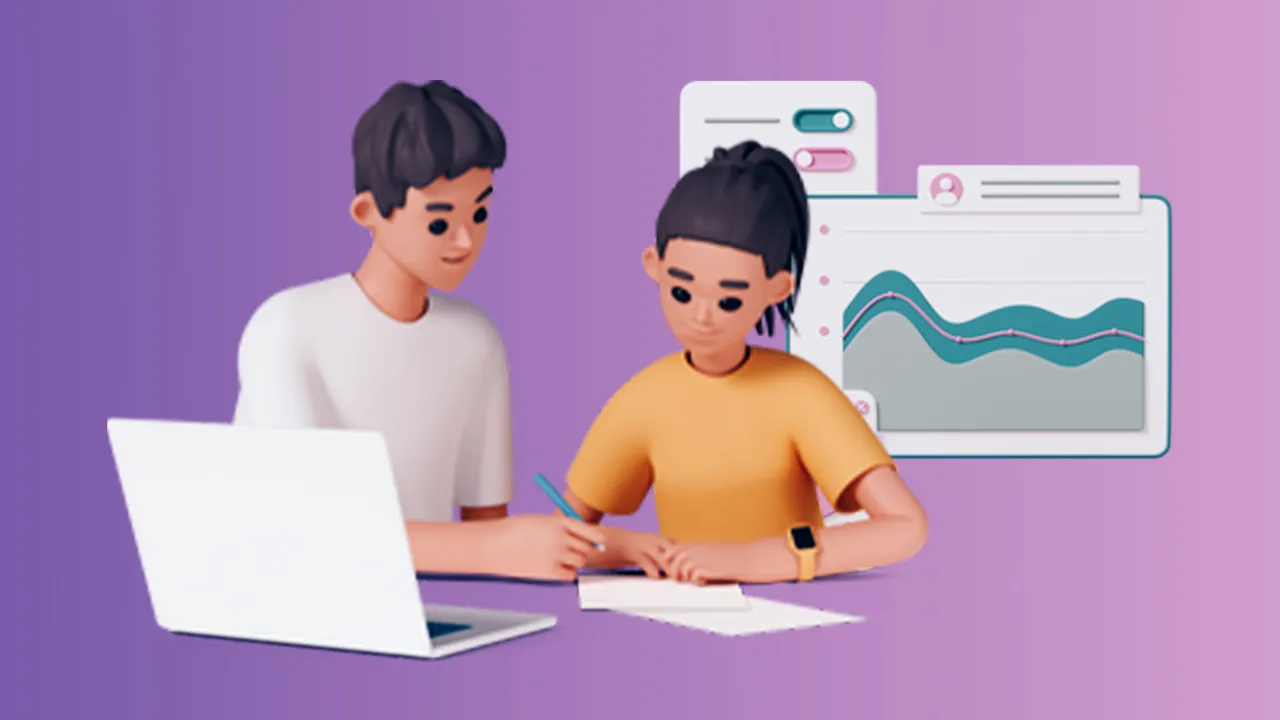 Business Operations Jobs in the Video Game Industry: An Overview
Business Operations Jobs in the Video Game Industry: An Overview -
 Communications and Marketing Jobs in the Video Game Industry: An Overview
Communications and Marketing Jobs in the Video Game Industry: An Overview -
 Content Creation Jobs in the Video Game Industry: An Overview
Content Creation Jobs in the Video Game Industry: An Overview -
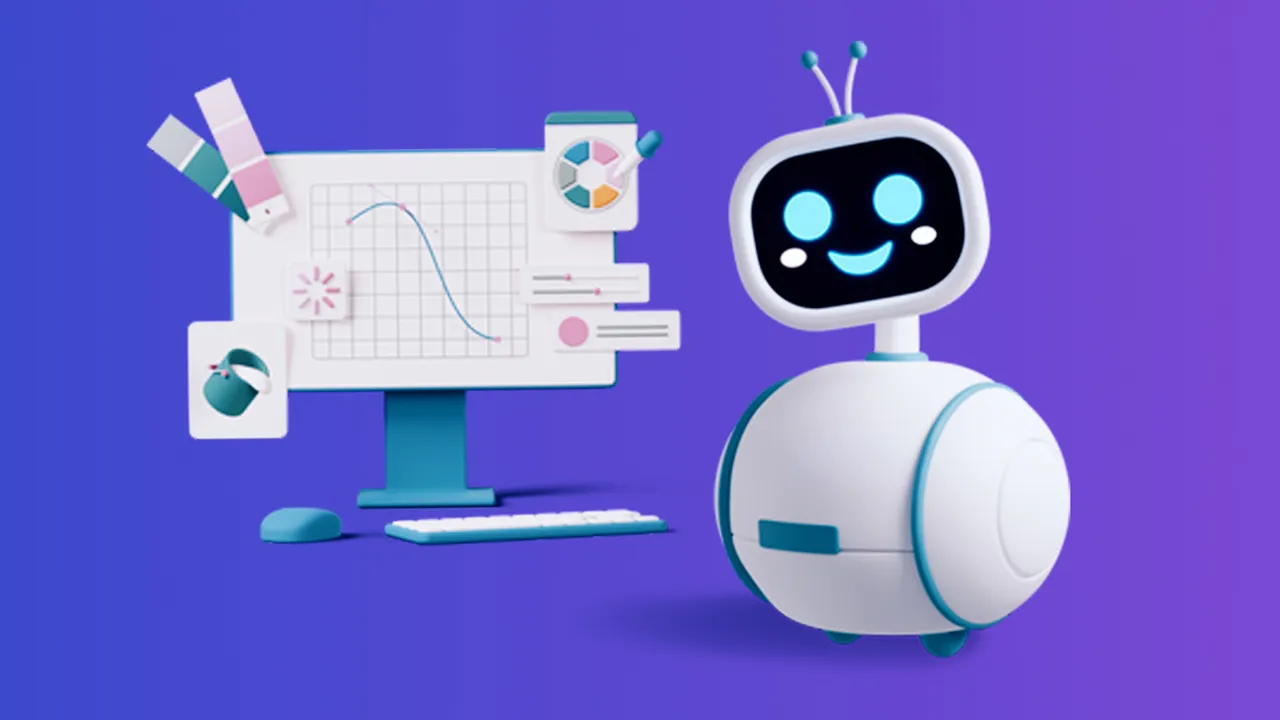 Game Design Jobs in the Video Game Industry: An Overview
Game Design Jobs in the Video Game Industry: An Overview -
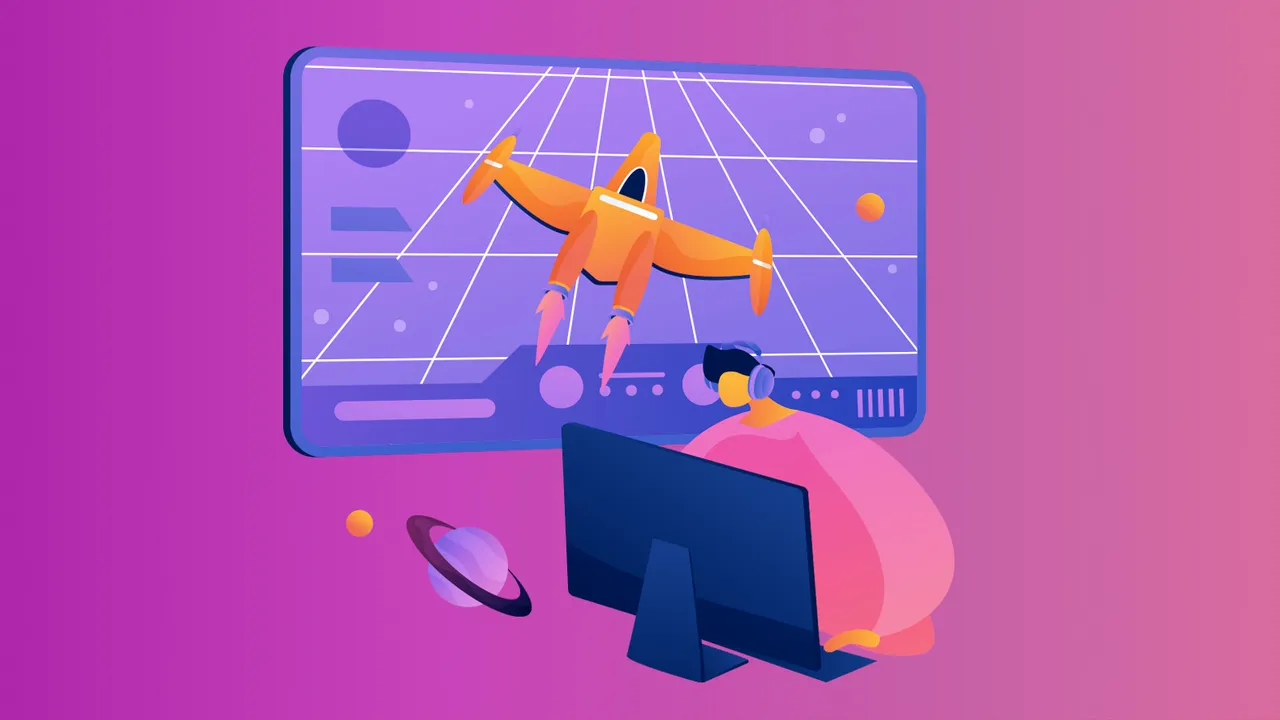 Game Development Jobs in the Video Game Industry: An Overview
Game Development Jobs in the Video Game Industry: An Overview